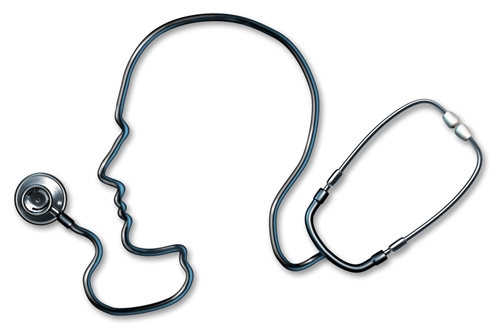Blood test can predict Alzheimer’s

A recent study published in the journal Nature Medicine says a new blood test predicts with “astonishing accuracy” whether someone will develop Alzheimer’s disease, CNN reported. The report’s senior author, Dr. Howard Federoff, also is a neurologist at Georgetown University Medical Center.
“This is a potential game-changer,” he said. “My level of enthusiasm is very high.”
The test thrills scientists and medical professionals because the only methods currently available to predict Alzheimer’s – PET scans and spinal taps – are expensive, not always reliable and sometimes risky. PET scans use a radioactive substance to see how organs and tissues are working, as well as check brain function and potentially detect brain disorders. Spinal taps can cause headaches, back discomfort or pain, bleeding and, sometimes, brainstem herniation.
The scientists who discovered the blood test looked for patients’ byproducts of DNA and RNA, like fats and proteins. They drew blood from healthy people older than 70, and five years later, 28 of them had developed Alzheimer’s or displayed behaviors that typically precede it. Once the researchers learned this, they examined their lipids, finding that they all had low levels of 10 lipids compared to the seniors who were healthy. The blood test was found to be more than 90 percent accurate.
Going forward
Because some of the seniors hadn’t yet developed full-blown Alzheimer’s, the researchers were led to believe that people begin developing the disease long before their memory starts fading. Mark Mapstone, the study’s lead author and a neurophysicist at the University of Rochester Medical Center, told CNN he believes lipid levels start decreasing when brain cells start dying.
He added that researchers next will study younger people in their 40s and 50s, which could revolutionize the way people see their future. However, he acknowledged that some seniors concerned about memory care may not want to know that Alzheimer’s is in their future. Others, though, may appreciate the warning and work to potentially ease the side effects by eating healthier, exercising more, getting more sleep and completing brain-boosting activities like crossword puzzles.
“I think it’s a very personal decision,” Federoff said. “It would have to be thought through on multiple dimensions. Patients and their families would have to be counseled.”
To maximize your Senior Health Insurance benefits, visit MySeniorHealthPlan.com for quick, simple and easy information.
- How Medicare Advantage Plans Cover Seniors’ Vision, Hearing, and Dental Needs - October 29, 2024
- 2025 Medicare Part D Changes: How to Save on Prescriptions - October 25, 2024
- Everything You Need to Know About the 2025 Medicare Changes and How They Affect You - October 21, 2024

